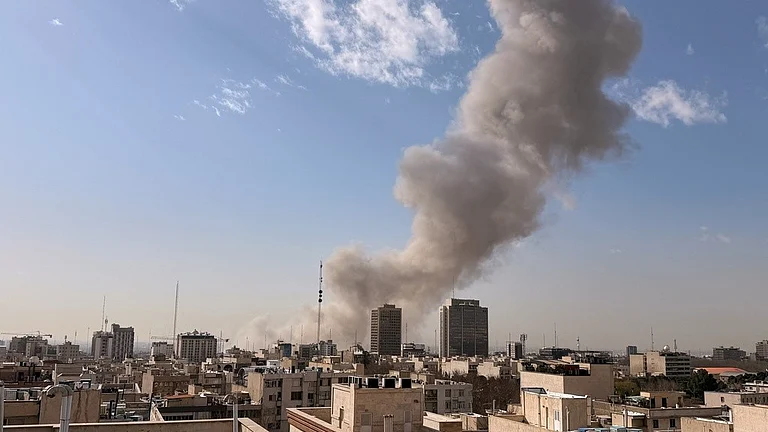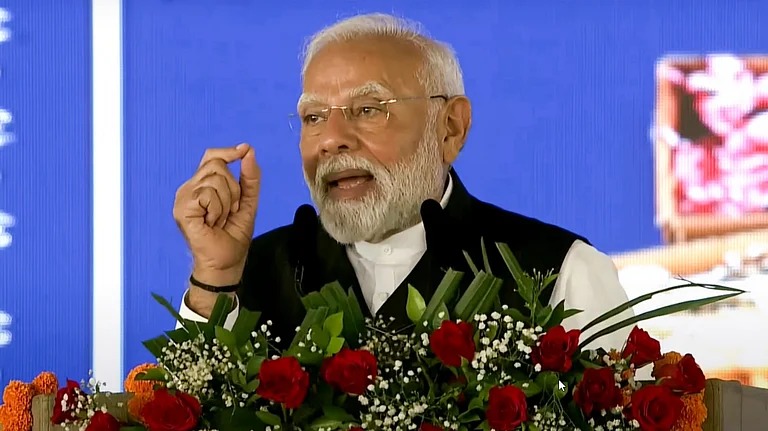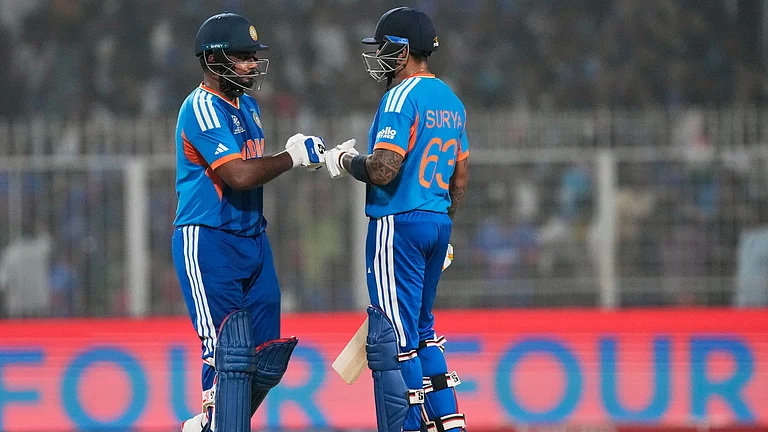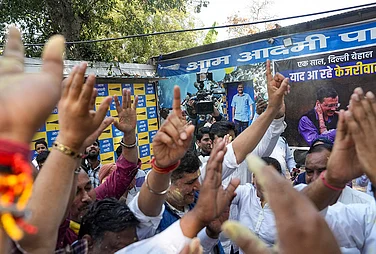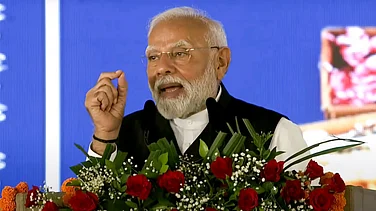When the special MCOCA court convicted Chota Rajan and eight others in the Jyotirmoy Dey murder case and acquitted journalist Jigna Vora, a closure seemed in sight for Dey’s family. For Vora, who had been held in jail for eight months until bail was granted, it was the end of a nightmare. At the time of her arrest, five months after Dey’s killing on June 11, 2011, Vora, then 37 years old and a single mother, was the deputy chief of bureau at The Asian Age. The court said the prosecution failed to prove she had passed on crucial details about Dey’s whereabouts and his bike registration number to the Rajan gang because of their professional rivalry as crime reporters.
When he was killed, Dey was heading the investigation team in the tabloid Mid-Day and had done several stories about the Rajan gang. Besides Vora, sharpshooter Satish Kalya, Rajan’s associate Paulson Joseph alias Pol and cricket bookie-turned-builder Vinod Asrani alias Vinod Chembur were also among those arrested in the case. While Pol was acquitted, Asrani died due to liver failure. Incidentally, the police officer who played a key role in the arrests committed suicide on May 11. Himanshu Roy’s suicide note mentioned his long battle with cancer.
“I was proud to be mentor to both Jyoti and Jigna,” Hussain Zaidi, who was Vora’s editor when she was arrested, wrote after her acquittal. “I enjoyed the kind of sparring between them, visible in the kind of stories they did. For a crime journalist, that’s the only way to compete, not murder. Jigna was well aware of this.” Sahil Joshi, another senior crime journalist, wrote: “Rajan was only trying to justify why he had killed a journalist by implicating another journalist because no gangster had ever killed a journalist before Dey’s murder. No one has done it since. The court’s decision on Vora’s acquittal seems to have vindicated my belief.”
The CBI, which wrapped up the case by getting prime accused Rajan sentenced to life, has one task pending. The central agency had made Dubai-based gangster Ravi Rattesar alias Ravi Saaman an accused in the Dey murder case, while the state Crime Branch had named him as a witness after he recorded a statement under section 164 CrPC, admitting he had handed over 20-odd global-roaming SIM cards to Pol. That statement did not mention Rajan, say Crime Branch officials.

“The three Rattesar brothers—Vimal, Anil and Ravi—shifted their loyalties from Rajan and even tried to get him eliminated in Australia in 2015 by rival Chota Shakeel,” says Mumbai railway commissioner Niket Kaushik, who tackled several underworld cases during his stint with the Crime Branch. The three brothers had become close to Rajan in the 1990s and stayed on with his camp, even after he broke away from Dawood Ibrahim, until 2014. In 2009, Ravi had made contact with the Rajan gang as well as Mumbai politicians from the Nationalist Congress Party, alleged former Crime Branch ACP Praful Bhosale, who had helmed the Dey murder probe. Then, in 2014, Ravi and Anil left India for Dubai, where, according to Prakash George, another former Crime Branch ACP who had investigated the murder, “Vimal had made all arrangements for his two brothers to live in luxury with Chota Shakeel’s blessings”.
According to CBI sources, Ravi learnt about Rajan’s hideout in Australia in June 2015 and informed Shakeel, who had sworn to kill Rajan after his split from D-Company following the 1993 Mumbai serial blasts. Subsequently, Rajan was extradited to India from Singapore and the CBI took over investigations of all the 71 cases against him. The CBI named Ravi as another prime conspirator besides Rajan in its supplementary chargesheet, and got a Red Corner Notice issued against him in Abu Dhabi last November, requesting the UAE authorities for Ravi’s speedy extradition to India.
Unfortunately for the CBI, the extradition process was delayed due to a fresh bounced-cheque case filed against Ravi in Dubai, where he, now out on bail, is reportedly seen often at his plush diner Café Lambretta in Barari area. CBI sources claim the bounced-cheque case was lodged by Ravi’s friend to delay his extradition. “The CBI has sufficient evidence for Ravi’s conviction in the Dey case,” claims CBI DySP N. Meena, who is investigating all the Rajan cases.
By Neel Shah in Mumbai







